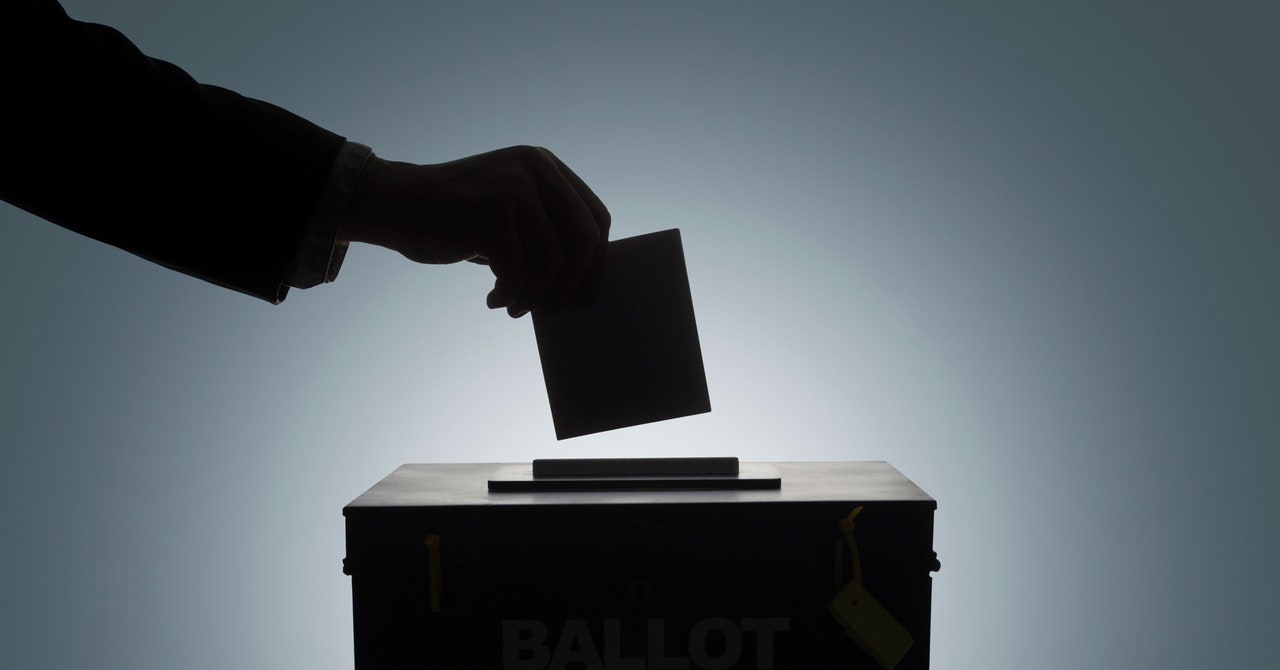The Twitter Scenario of Musk and the First Three Years: Managing a Boundary on the Success of Twitter and Trying to Beat Improper Elections
There was a rush to fill gaps in the system and prevent the platform from becoming a hub for false information during a major election. The people involved in managing the crisis were talking to WIRED.
There was no work to be done at the office as there were people playing foosball and lounging around, recalls Thein. Shortly after Musk took over, the company had locked down many of its internal systems to ensure no changes were made during the leadership handover (and coming layoffs). All of the systems were shut off, according to Thein. She had no idea who the leaders still were at the company. I was on the phone and I wondered, ‘Oh, no, what do I do?’ No one is online.’”
Thein now worries that what she experienced in those early days of Musk’s leadership was less a fluke than a harbinger. A year later, Thein, as well as other former employees and experts, worry that X, gutted by layoffs and helmed by a leader hostile to moderation, is careening toward disaster in 2024. It’s a year in which more than 50 countries—including the US—will hold elections.
There were problems before Musk. It took a long time to launch new features and trying to stop people from doing bad things was difficult. It was functional for most of the year. Even as the company dealt with the chaos of Musk’s will-he-won’t-he approach to the acquisition, Twitter soldiered on with long-awaited updates like the edit button for Twitter Blue subscribers, new features for its Spaces audio rooms, and smaller improvements like new designs for icons. Even if it was too slow, the company was still doing its job.
In a year that was supposed to bring aggressive changes to deal with bots and impersonation to the initial seeds of an “everything app,” the platform has instead been plagued by bad decisions of Musk’s own making — capped off by a baffling rebranding to the letter X. It’s now facing more competition than ever while staring down an abbreviated list of advertising partners that have departed the platform over concern for its instability under Musk.
Immediately after the launch there was a fake Nintendo account and a fake Eli Lilly account that were both saying that the real Eli Lilly’s stock price was going to be jerked up because of this. Now, after a relaunch to address the impersonation problem, replies are often filled with boosted posts of crypto influencers and people desperate for engagement so they can maybe make money off Twitter’s ad revenue sharing. It is hard to tell who has control over the platform and who pays for it.
Spending at the levels they once were doesn’t mean returning doesn’t mean returning. Media Matters for America reported that Visa had spent just $10 on Twitter in the weeks preceding Yaccarino’s comments, down from $77,500 in the weeks before Musk bought the company. That explains why the platform’s US advertising revenue was “still down” 60 percent in September, according to Musk himself. According to estimates given to the news agency, revenue on the platform has fallen annually since Musk took over. And the service has fewer people to show those ads to. Similarweb reported that mobile monthly active users have decreased by nearly 18 percent from last September to this September.
Its A Year After Meta Has Solved Its Controversy: X is Still Around, but It’s Still Going Strong
Threads was launched by Meta. None of these services has widely supplanted Twitter just yet, but Threads, with “just under” 100 million monthly active users following its July launch, looks like the best contender to take the crown.
A year on, X is still around, though it feels like it’s in a more tenuous position than when Musk bought it. Users are leaving; Yaccarino gave a daily active user number that was lower than what Twitter had reported before it was acquired. The platform is under investigation by the EU over content that relates to the Israel-Hamas war, and Musk is being sued by the SEC for refusing to testify about his purchases of Twitter shares.
